Americans, Australians, EU nationals et al – welcome
Hello all, my expat tax blog is back, and so we ask … “why did you take a break in the first place ?” The answer is that I never went away, but the UK tax busy season only ended about six weeks ago. That can be intense. I’m back and keen as ever to share my tax ideas.
Non-domiciles – very unpopular here ? Not at all.
If we listen to the UK media in some weeks, we might think that Non Domicile tax breaks are unwanted in the UK, and the people of the UK would rather they were scrapped. From my 26 years in personal tax , I can stress this is untrue, and non-domiciles are encouraged to move, live and work here. Time after time, I meet “non-dom” expats in the UK who are wealth creators, and investors in our economy. They are delivering major benefits to the UK and I have definitely seen Labour and Conservative praise this group, over the decades. Hence, the Non Domicile tax breaks continue and exist to attract talent and investors.
Let’s run through the key features of the non-domicile tax
If we have a recap now, is it pointless because we all know the rules already ? I would say no, because even my long-term expat clients always ask me to refresh their knowledge. The tax laws can be a little confusing to clients and their accountants.
What’s a UK non-domicile ?
You are normally non domiciled in the UK if you were born outside the UK, and you consider another country to be your spiritual or real or ultimate home. A US national who lives in the UK for 10 years would be a UK “non-dom” one the basis she plans move back to the US ( after 10 years), to retire there and even be buried there ( that is one of the tests at times).
Oliver, are you a UK domicile ?
Yes, I was born in the UK, and I have the option or possibility of changing domicile status ( eg by emigration). However, it is far from easy to change domicile, and moving offshore is not sufficient. Many other steps, to demonstrate a change of spiritual home, would be required.

So, a non-domicile comes to UK for 5 years .. tax benefits ?
As an example, an Australian moves here on a 5 year secondment. He’s a non-dom for UK tax.
The main tax reliefs are :
- He can exclude all non-UK income and non-UK gains from UK tax.
This means he may exclude the rental income from AUS, and he may sell some Google stocks when living here; and can exclude that gain.
That income and those gains must be retained the UK permanently.
- What’s the advantage here ?
The above items ( the rents and the Google sale) are probably still taxed in AUS.
He may opt to exclude them in the UK, because AUS tax rates are lower.
- What’s the downside ?
There are a few, and one main one is :
If a non-dom chooses this route, she would forfeit her personal allowance (£12,570) and her annual exemption for capital gains tax ( £12,300). This can create extra UK tax charges which wipe out the benefits of non-dom relief.
This is a choice or balancing act that an accountant like me should be supporting clients with.
That was a very brief overview of the non-dom basics
Let’s just repeat in two sentences, a non-domicile in the UK can avoid tax on foreign income and gains. There are UK legal conditions which apply, and the reliefs are not always as low cost as we expect.
Some other key facts please
- A non-dom effectively has access to these tax reliefs for the first 7 UK tax years that he is here.
We are therefore always tracking this number, as is the UK tax man.
- In effect, once a non-dom hits the 7 year limit, in the 8th tax year, she can still access these tax reliefs but there is an extra cost – known as the Remittance Based Charge or RBC, at £30,000 per tax year.
We might ask, which expats would pay this RBC, given its size. One example is the property investor with 20 rental houses in X country where he is taxed at 10% only. She might the pay RBC because it cheaper than paying UK tax at 40% and 45 % on foreign rents.
- Once a non-dom reaches 12 ( to 14 years), the RBC increases to £60,000.
- After 15 years of UK tax residence, it is game over for non-doms for these tax reliefs. This category of expats are deemed to UK domiciled.
These are good facts, but there is more to this I think ..?
You are right to raise this. There is more detail to the UK laws but the advice is an excellent introduction or refresher on this topic.
Every reader will have different questions
Eg “Do I elect every year on whether to claim ? (Yes)” .
“ What about the non-doms who choose to pay tax on ALL global income/gains ? ( Not a worry, it’s very common, it can be far lower cost and claiming to exclude foreign income)”.
The answer here has to be to email Oliver Heslop, the author (oliver@expatriatetax.london) who does not bill you for a chat !





